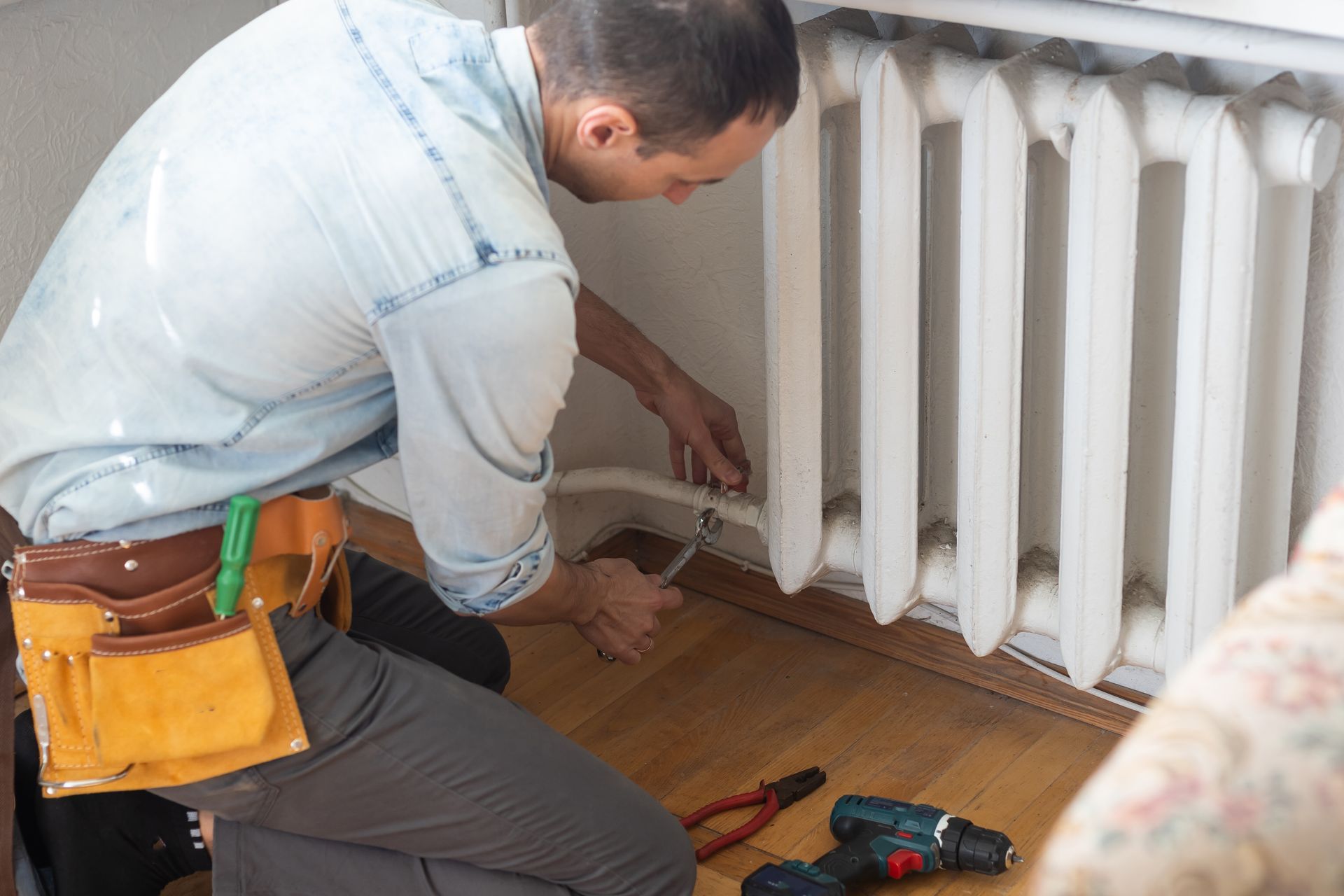Landlord / Tenant Cases
/ Practice area
Evictions
Lease Disputes
Maintenance and Repair Issues
Security Deposit Disputes
Unlawful Rent Increases
Property Damage Claims
Navigating landlord-tenant relationships can be challenging, with disputes often arising over evictions, lease terms, repairs, and rent increases. Our team is dedicated to resolving these conflicts efficiently and fairly, ensuring that both landlords and tenants understand their rights and obligations. Whether you're facing an unjust eviction or dealing with a difficult tenant, we provide the legal support needed to achieve a favorable resolution.
Evictions
Evicting a tenant can be a complex and delicate process. A lawyer can help landlords navigate the legal requirements for eviction, ensuring all notices and filings are completed correctly and timely. They will represent landlords in court, presenting evidence of lease violations or unpaid rent, and work to obtain a legal order for eviction. For tenants, a lawyer can help contest unjust eviction notices, ensuring their rights are protected and exploring options to prevent eviction.
Lease Disputes
Disagreements over lease terms can create significant tension between landlords and tenants. A lawyer can assist by reviewing the lease agreement, clarifying the rights and obligations of each party, and negotiating a resolution. If a dispute cannot be settled amicably, the lawyer can represent either party in court, presenting evidence to support their client's interpretation of the lease and seeking a judicial resolution.
Maintenance and Repair Issues
Tenants have the right to a habitable living environment, and landlords are obligated to maintain their properties. A lawyer can help tenants by demanding necessary repairs, filing complaints with housing authorities, and representing them in court if repairs are not made. For landlords, a lawyer can defend against claims of neglect by demonstrating that proper maintenance has been performed or addressing false allegations, ensuring compliance with housing laws.
Security Deposit Disputes
Conflicts over the return of security deposits are common at the end of a tenancy. A lawyer can help tenants recover wrongfully withheld deposits by documenting the property's condition, negotiating with the landlord, and representing them in small claims court if necessary. For landlords, a lawyer can assist in retaining deposits for legitimate damages by providing clear documentation and evidence of the tenant's liability, ensuring compliance with state laws regarding security deposits.
Unlawful Rent Increases
Rent control laws and lease agreements set limits on how and when rent can be increased. A lawyer can help tenants challenge illegal rent hikes by reviewing lease terms, comparing them with local rent control laws, and representing tenants in negotiations or court. For landlords, a lawyer can ensure that rent increases comply with all legal requirements, advising on proper procedures and defending against claims of unlawful increases.
Property Damage Claims
Property damage can lead to disputes over responsibility and compensation. A lawyer can help landlords pursue claims against tenants for damages beyond normal wear and tear by documenting the damage, estimating repair costs, and representing them in court. For tenants, a lawyer can defend against unwarranted claims by providing evidence of the property's condition upon move-in and move-out, and negotiating fair settlements or representing them in court if necessary.
FAQs
What should I do if my landlord refuses to make necessary repairs?
If your landlord refuses to make necessary repairs, start by documenting the issues and your requests for repairs in writing. Keep a record of all communications. If the landlord still does not respond, you may need to file a complaint with your local housing authority. A lawyer can help you take legal action to compel the landlord to make the repairs and seek compensation for any damages you have suffered as a result of the neglect.
Can my landlord evict me without notice?
No, a landlord cannot evict you without proper notice. The specific notice period depends on the reason for eviction and local laws, but generally, landlords must provide written notice and follow legal procedures. If you receive an eviction notice, a lawyer can help you understand your rights, ensure the notice complies with legal requirements, and represent you in court if necessary to contest the eviction.
How can I recover my security deposit?
To recover your security deposit, first provide your landlord with a written request for its return, including your forwarding address. Document the condition of the property when you moved out with photos or videos. If the landlord withholds the deposit unjustly, a lawyer can help you file a claim in small claims court, presenting evidence to support your case and seeking the return of your deposit plus any applicable damages.
What are my rights if my landlord increases the rent illegally?
If your landlord increases the rent illegally, you have the right to challenge the increase. Review your lease agreement and local rent control laws to understand the legal limits on rent increases. A lawyer can help you by negotiating with the landlord, filing a complaint with housing authorities, and representing you in court if necessary to dispute the illegal rent increase and seek any applicable remedies.










